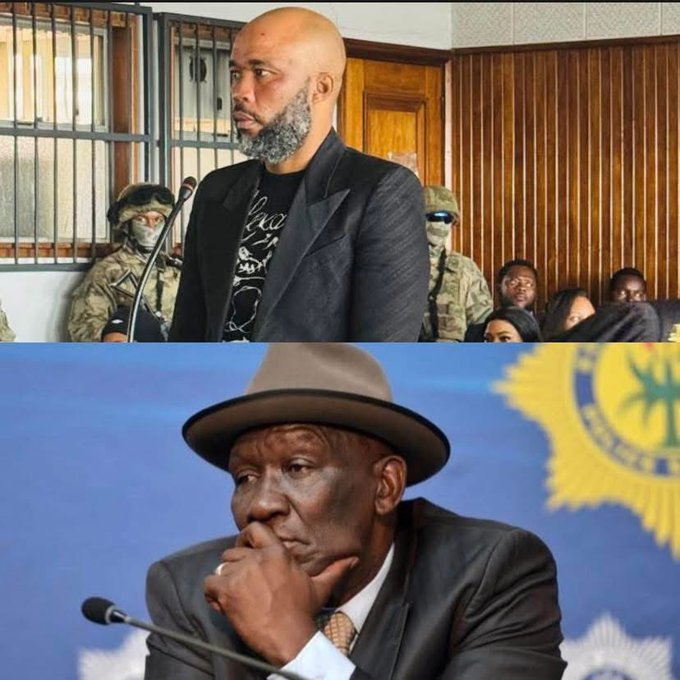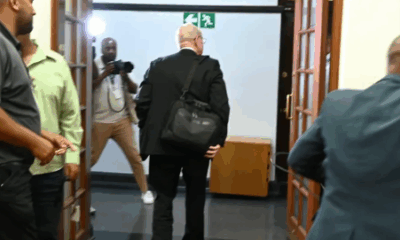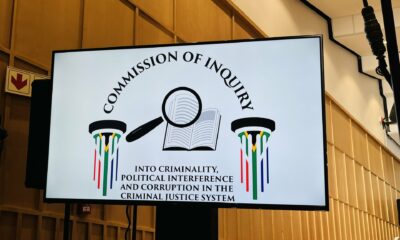News
Parliament vs Madlanga Commission on SAPS Allegations: What Sets Them Apart

Parliament vs Madlanga Commission on SAPS Allegations: What Sets Them Apart
Two separate probes into the South African Police Service (SAPS) are now underway. Parliament’s ad hoc committee and the Madlanga Commission of Inquiry share overlapping themes but have distinct mandates and approaches.
Parliament’s Ad Hoc Committee
Parliament’s inquiry, chaired by Molapi Lekganyane, is focused on the specific allegations made by KwaZulu-Natal Police Commissioner Nhlanhla Mkhwanazi. These include claims of internal dysfunction and leadership interference in SAPS.
Key details:
-
Mkhwanazi will be the first witness, followed by National Commissioner Fannie Masemola, Police Minister Senzo Mchunu, Deputy Commissioner General Shadrack Sibiya, and other SAPS leaders.
-
The committee will start with SAPS top leadership before deciding whether to expand to other bodies such as Crime Intelligence, the NPA, IPID, or the Department of Justice.
-
Classified information will be managed in line with existing policy. Only the Speaker of Parliament can formally request access to restricted documents.
-
Witness protection is not directly handled by the committee but by relevant authorities once alerted.
-
Parliament has appointed external legal counsel to assist the committee.
Lekganyane stressed that the committee’s approach is “internal” and aims to exhaust evidence within SAPS before broadening the inquiry.
The Madlanga Commission
The Madlanga Commission, established by President Cyril Ramaphosa, is tasked with investigating systemic failures within SAPS. Unlike Parliament’s inquiry, it is not confined to individual allegations but seeks to address broader structural and leadership issues across the police service.
Its scope includes:
-
Examining institutional weaknesses in SAPS.
-
Probing long-standing challenges in leadership accountability, operational capacity, and governance.
-
Recommending system-wide reforms to improve police effectiveness.
Key Differences
-
Mandate: Parliament targets Mkhwanazi’s claims, while the Madlanga Commission focuses on systemic issues.
-
Witnesses: Parliament begins with SAPS leadership; the Commission will take a wider investigative approach.
-
Authority: Parliament is bound by legislative oversight rules, while the Commission has presidential authority and broader investigative powers.
-
Scope: Parliament is issue-specific; the Commission is structural and systemic.
What Happens Next
Parliament is waiting for Mkhwanazi’s confirmation before setting hearing dates. The Madlanga Commission, running in parallel, continues its broader probe into SAPS failures.
Together, the two processes will test both political oversight and executive-driven reform, shaping the future of South Africa’s police service.
{Source: IOL}
Follow Joburg ETC on Facebook, Twitter , TikTok and Instagram
For more News in Johannesburg, visit joburgetc.com



























